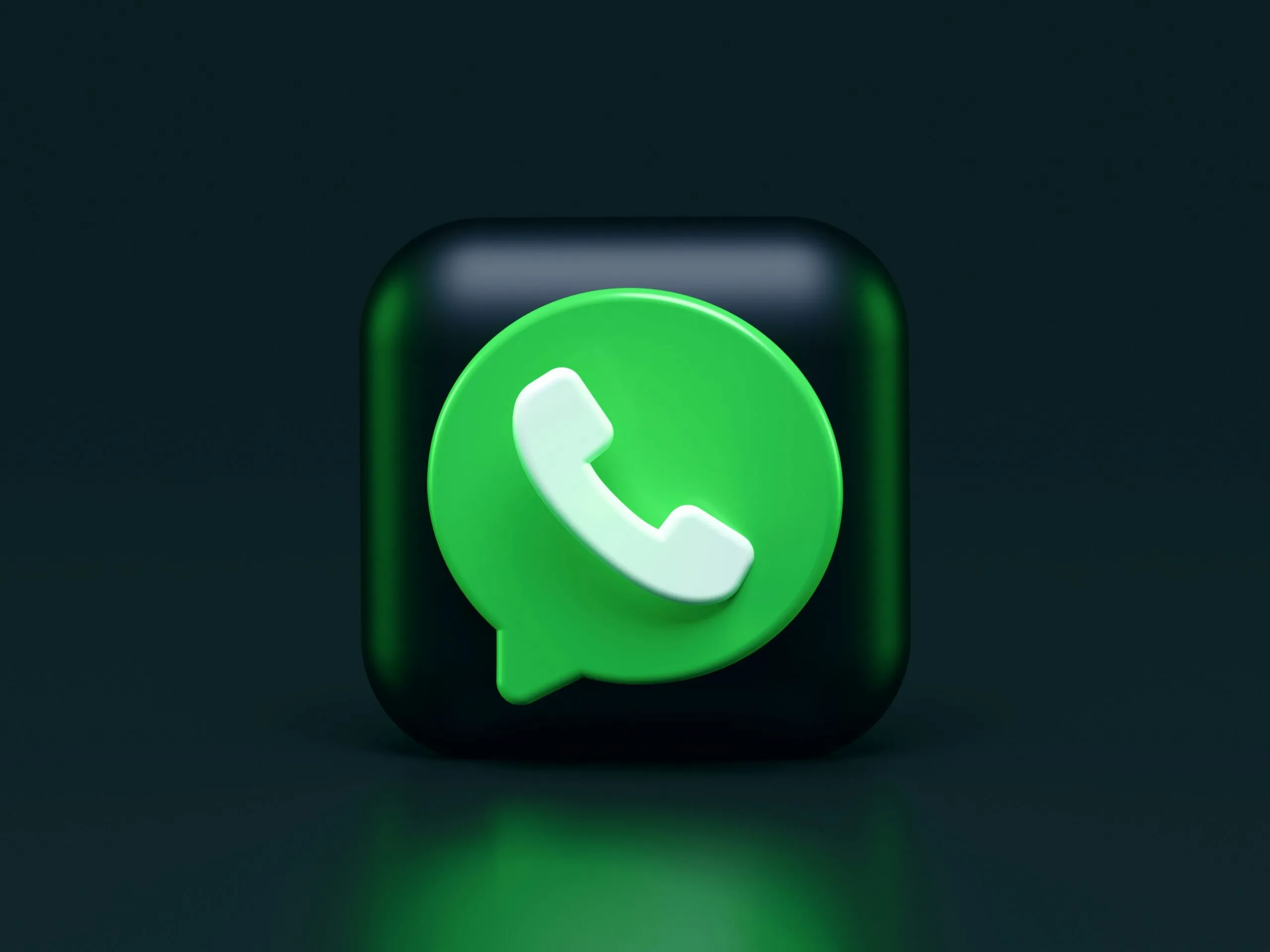


When we’re all so used to sending and receiving WhatsApp messages for free, it’s only natural to baulk at the idea of paying for what appears – on the surface, at least – to be a similar service.
As the UK’s biggest B2B specialist WhatsApp service provider, a key part of any early conversation we have with prospective clients is why paying for WhatsApp messaging is the only way serious businesses should be harnessing the unrivalled engagement on offer.
Ordinarily, we answer by pulling out the positive aspects of the extra functionality professional platforms that use the WhatsApp Business API offer, although the reality is there are several negatives for businesses using the free versions too. And any large business going it free will be leaving themselves open to a host of vulnerabilities.
On the face of it, free WhatsApp groups are an effective way to get a message out to a number of customers quickly, but they’re also open by their nature. All group members the ability to see the names and numbers of other contacts in the group, therefore providing a significant breach of personal data – leaving your business vulnerable to GDPR obligations.
Unregulated usage of free WhatsApp version on your employees’ personal phones may seem relatively harmless. But if they’re using customer mobile numbers to send business updates without the correct permissions, then they are breaking GDPR and the business could be charged with misuse of customer information.
Free messaging is fine for consumers and small businesses, but larger organisations rely on data to understand how effective their communications have been. Platforms using WhatsApp Business API typically offer analytics dashboards, so marketing teams can track message performance and gather insight to improve performance.
Running an entire marketing operation from an individual’s mobile phone isn’t a feasible approach for a serious business, and that’s the reality with free WhatsApp.
A significant number of paid-for platforms that use the WhatsApp Business API professionalise this by providing log-in access for online portals, allowing several team members to run campaigns from various devices and locations. These solutions also offer automated business tools, such as an ability to schedule messages and segment audiences.
Big businesses have large customer bases, so being able to hit everyone within your audience with one simple message is invaluable. Unfortunately, free WhatsApps can’t do that, with a limit of 256 numbers able to be added to a broadcast and 1,024 for a group, meaning multiple messages need to be sent to hit everyone.
We’re all familiar with the sort of multimedia messages you can using the free WhatsApp Messenger app, but while that’s great for sending things to your friends and family, businesses are leaving a lot of capability on the table by settling for that.
With enhanced calls to action, no way to monitor responses, and passing up on the power of dynamic messaging (which allows for in-message ordering, event registration, carry out compliance checks, and much more), there is a lot of untapped potential free users don’t get.
Businesses can’t verify themselves as genuine from free WhatsApp accounts, leaving them open to impersonators that undermine their credibility. Approved accounts with verification badges provides trust and added seal of professionalism that means customers are more likely to engage and share information with your channel.
Free WhatsApp doesn’t integrate easily with other business software that are crucial for continuity. To get the most out of a B2B WhatsApp channel, being able to integrate with CRMs, email marketing tools, and data aggregators significantly enhance the experience – something only platforms using the WhatsApp Business API can do.